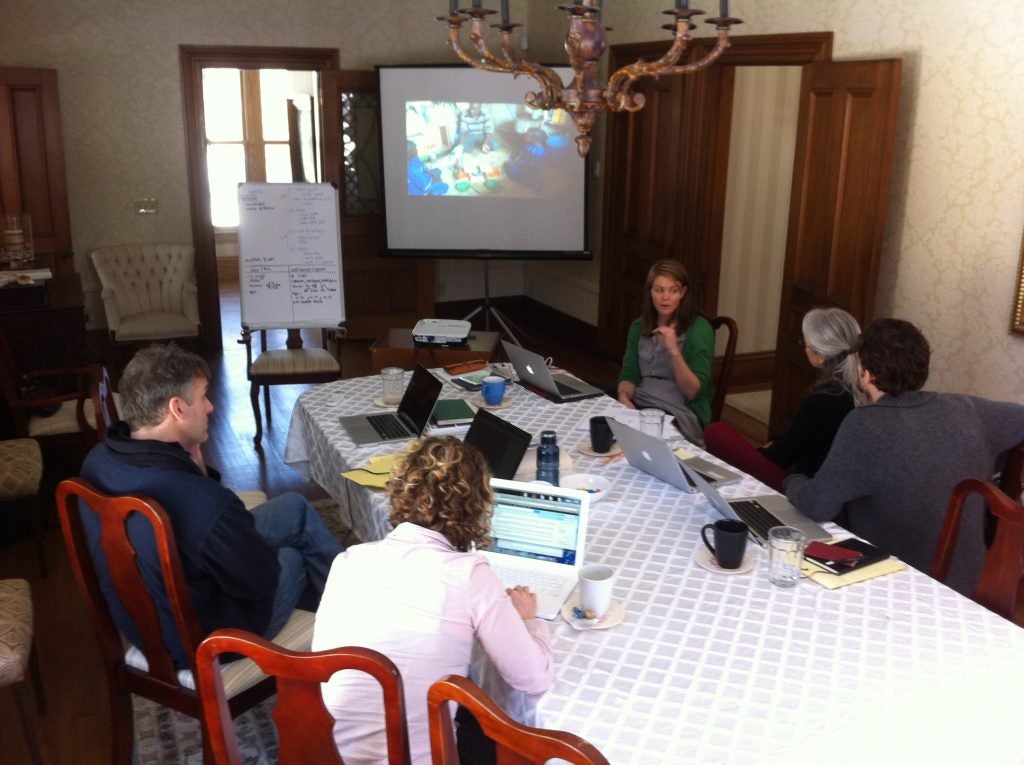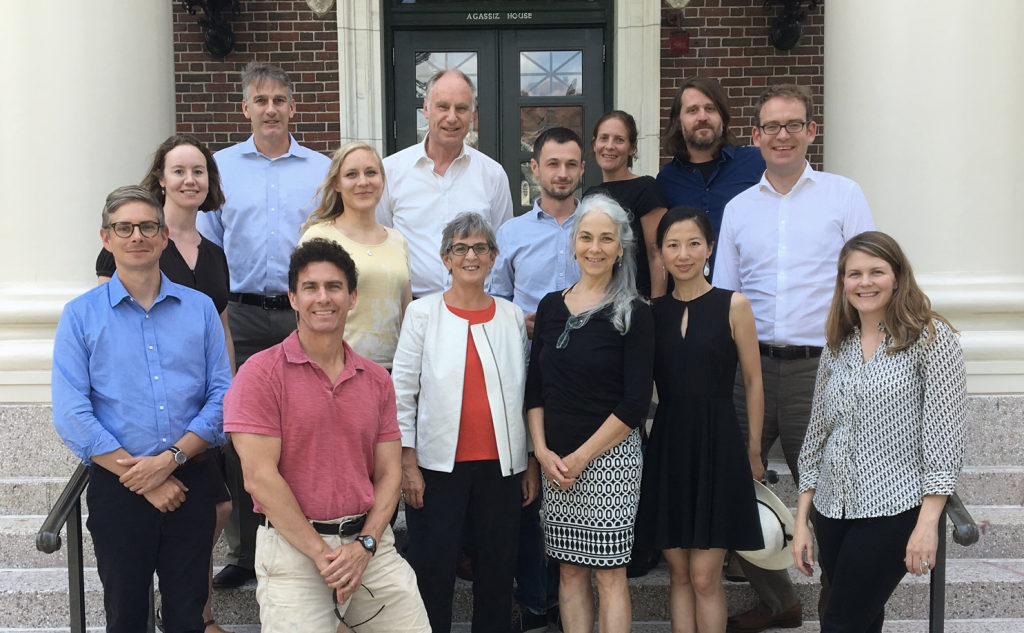We started as a group of psychologists who share an interest in studying child development across cultural groups. Trained in psychological research methods, we noticed how limited our insights about human nature would be if we continued studying only participants from Europe and North America, as is typical in our field. This limitation was particularly apparent considering our team members’ interests in children’s fairness norms, concepts of ownership, and use of symbolic representations. Learning how children’s lives are shaped by their social and cultural environments across the world would be a major step forward. We had to go global.
We realized that a team-based approach would be most effective (and fun!) to master the difficult task of conducting research in different parts of the world. In 2011, Katie McAuliffe, Peter Blake and Felix Warneken (located in Boston) teamed up with Tara Callaghan and John Corbit (located in Antigonish, Nova Scotia) to start our first major venture: studying children’s sense of fairness across cultures.


In 2013, after a first wave of data collection, the Boston team took a short trip up North and the Canada team a long trip down South to meet (very roughly) in the middle at the picturesque Howells House in Kittery Point, Maine. Encouraged by our progress so far, we decided to expand our efforts, increase our team, and include more sites in our study. This culminated in our first major publication with children from Canada, India, Mexico, Peru, Senegal, Uganda and the US, published as Blake, McAuliffe et al., 2015, Nature with a team of 12 authors.
Our second milestone was a workshop at the Radcliffe Institute for Advanced Study that brought together researchers from anthropology and psychology. Organized by Anni Kajanus (Anthropology) and Felix Warneken (Psychology) in 2017, we sought to facilitate collaborations among researchers that offer complementary expertise in studying children within their cultural contexts.

In 2018, we thought it was time to give our growing network a name: CORI – the Culture and Ontogeny Research Initiative. This initiative has inspired new joint projects among a constantly growing number of CORI members.
